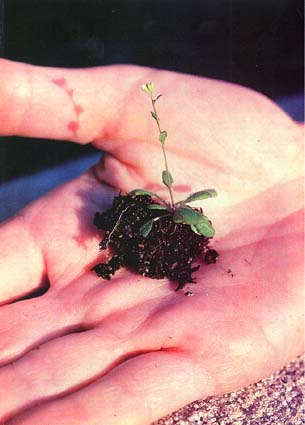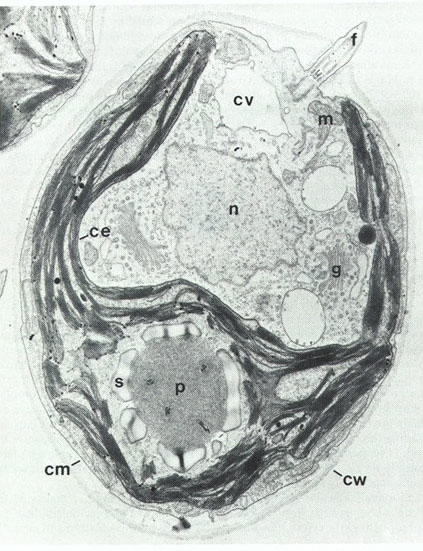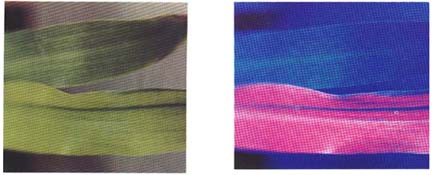





Bio 350M/Bio 388M
PLANT MOLECULAR BIOLOGY
Instructor
Dr. David L. Herrin Office: Painter Hall, room 2.24
Office Telephone: 512 471-3843 Email: herrin@mail.utexas.edu
Course Description
Name and numbers: Plant Molecular Biology, Bio350M and Bio388M (meet together)
Prerequisites: Bio 350M- Bio 325 (Genetics) with a grade of C,Bio 388M- Graduate standing
In biology, plants have essential roles in all ecosystems as the primary sources of usable energy, but our knowledge of their inner workings lags well behind that of animals, fungi and bacteria. Agriculture was first developed to exploit certain plant species as food sources, and then later for fiber (clothing and shelter), medicines, and the arts. Controlled breeding programs have long been used to alter these species, sometimes dramatically, in order to enhance desirable properties. Plant Molecular Biology was born in the 1970s, and from that, Plant Biotechnology in the 1980s. It promised to provide even better strains; moreover, these strains would not be achievable through classical breeding techniques (a biotech company’s dream!). But has it? And are these plants making an impact?
While we will address these and other related questions in this course, the primary objective is for you to get
a basic working knowledge of the molecular biology of plants (circa 2011). In this endeavor, I define “plants” broadly as photosynthetic organisms; however, emphasis will be placed on eukaryotic and higher plants. I will also focus on genes/genomes and processes that are either unique, or of particular importance, to plants, but will also discuss “plant” versions of universally important processes, such as nuclear transcription. The second objective is to focus attention on what constitutes important ongoing research in plant molecular biology, and how it might compare to similar research on non-plant systems. Hence, you will learn about some great successes as well as some of the current barriers to discovery and exploitation of plants.
As for expected prior knowledge, besides the fundamentals of cellular and molecular biology that are covered in introductory biology courses, you should be familiar with the general features of transcription and translation in prokaryotes and eukaryotes, e.g., as they are covered in Bio325 (Genetics). Although I do not usually set aside much time for in-class review of such basic material (in genetics or plant biology), you are encouraged to ask questions as needed. After all, everyone here, including me, is still learning. It is hoped that by the end of this course, many of you will have a greater appreciation for the biology of plants and their relatively untapped potential.
Course Materials
The textbook is optional but will be used to some extent. It is Biochemistry and Molecular Biology of Plants, edited by Buchanan B., Gruissem W., and Jones R. American Society of Plant Physiologists, Rockville, MD., 1376 pp. (2000). Additional reading material for some lecture topics will be placed on this site, or a link to the material will be provided. It will be very helpful to read the pertinent material prior to the lecture.
Notes: Class lecture notes in Powerpoint are posted here (link is below). You will want to print these out (at 2 or per page) and bring them to class. Alternatively, you can bring a computer to class. I will try to make any revisions to the posted notes at least 2 nights before the lecture.
Class notes\lecture slides (powerpoint files)
Movies and articles